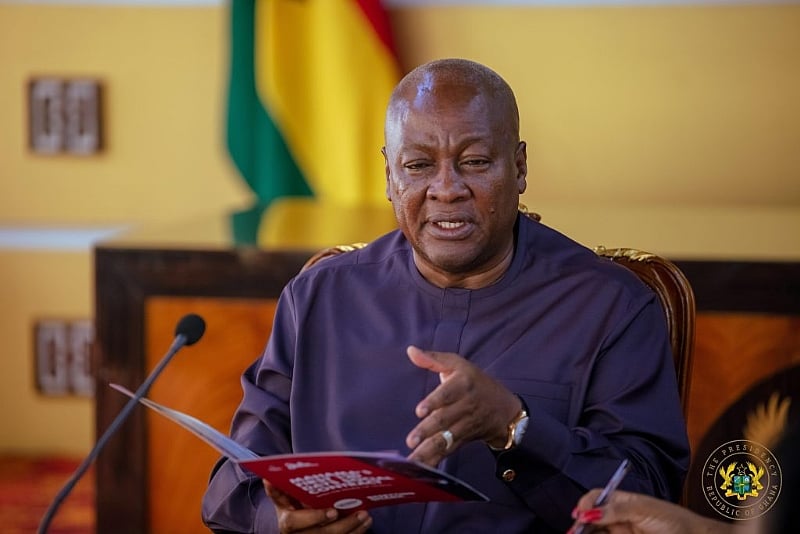The restoration of nursing trainee allowances, a critical financial lifeline for students pursuing careers in healthcare, has been a prominent topic of discussion in Ghana’s political landscape. Former President John Dramani Mahama, during a recent thank-you tour at the College of Health in Kintampo, Bono East Region, addressed the issue directly, pledging to reinstate these allowances, including all outstanding arrears, beginning January 2026. This announcement was met with enthusiastic applause from the assembled nursing trainees, many of whom have faced considerable financial hardship due to the prolonged suspension of these stipends. Mahama’s commitment signifies a potential turning point for nursing students, promising much-needed relief and renewed hope for a more secure financial future.
The suspension of nursing trainee allowances in previous years was a controversial decision, justified by the government as a necessary measure to free up resources for broader investments in the healthcare sector. The argument posited that the funds previously allocated to allowances could be redirected towards infrastructure development, equipment procurement, and the training of a larger number of healthcare professionals. Opponents of the policy, however, argued that the allowances played a crucial role in supporting students from disadvantaged backgrounds, enabling them to pursue their education and ultimately contributing to a stronger healthcare workforce. The ensuing financial strain on nursing trainees has been widely reported, with many students struggling to meet basic needs like accommodation, transportation, and learning materials.
Mahama’s promise to reinstate the allowances represents a significant policy shift and an acknowledgement of the hardships faced by nursing students in recent years. His emphasis on including all outstanding arrears underscores a commitment not only to future trainees but also to those who have endured financial difficulties during the period of suspension. This commitment seeks to rectify the past injustices and ensure that all students receive the financial support they are entitled to. The pledge has been interpreted by many as a recognition of the vital role nursing trainees play in the healthcare system and an investment in the future of Ghana’s healthcare workforce.
Beyond the immediate financial relief, the reinstatement of allowances carries symbolic weight, signaling a renewed focus on supporting and valuing those entering the nursing profession. The move is seen by many as a positive step towards rebuilding trust and confidence among nursing students and the broader healthcare community. It reinforces the importance of investing in human capital within the healthcare sector and acknowledges the significant contributions of nurses in delivering quality healthcare services across the country. The anticipated positive impact on morale and motivation among nursing trainees is also a key consideration, as a more financially secure student body is expected to be a more focused and dedicated one.
The implementation of the reinstated allowance scheme includes a commitment to a more transparent and efficient payment system. Mahama explained that the slight delay in reinstating the allowances stems from efforts to establish a more reliable payment mechanism through the Comptroller and Accountant General’s Department. This new system aims to ensure that trainees receive their allowances regularly and concurrently with other government employees’ salary payments. This move towards a more structured and accountable payment process is intended to prevent future delays and ensure the timely disbursement of funds to nursing trainees. It underscores a commitment to good governance and financial transparency within the allowance distribution process.
The broader context of this policy shift also encompasses the wider debate on healthcare financing and resource allocation in Ghana. The reinstatement of nursing trainee allowances represents a specific intervention within a larger conversation about how best to support and strengthen the healthcare system as a whole. The decision to prioritize these allowances highlights the importance of investing in the training and development of healthcare professionals as a key component of building a robust and resilient healthcare system. The long-term implications of this policy will likely extend beyond the immediate financial benefits to trainees, potentially influencing recruitment and retention rates within the nursing profession and ultimately contributing to the overall quality of healthcare services provided in Ghana. The move is seen as a significant investment in the future of Ghana’s healthcare system and a step towards ensuring a well-trained and motivated nursing workforce.


